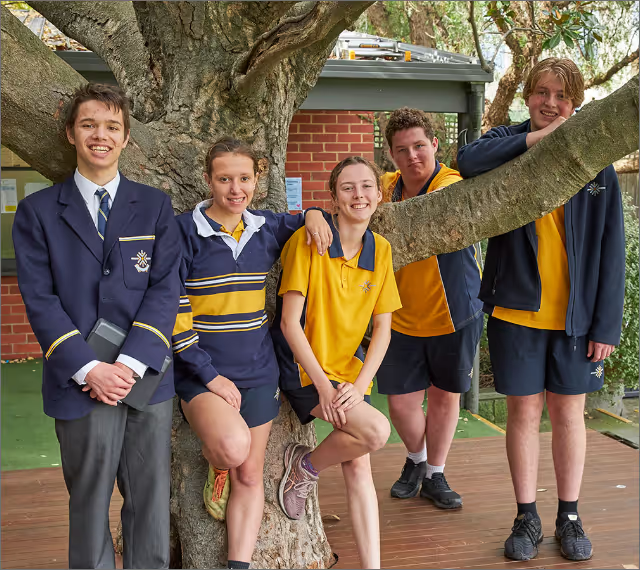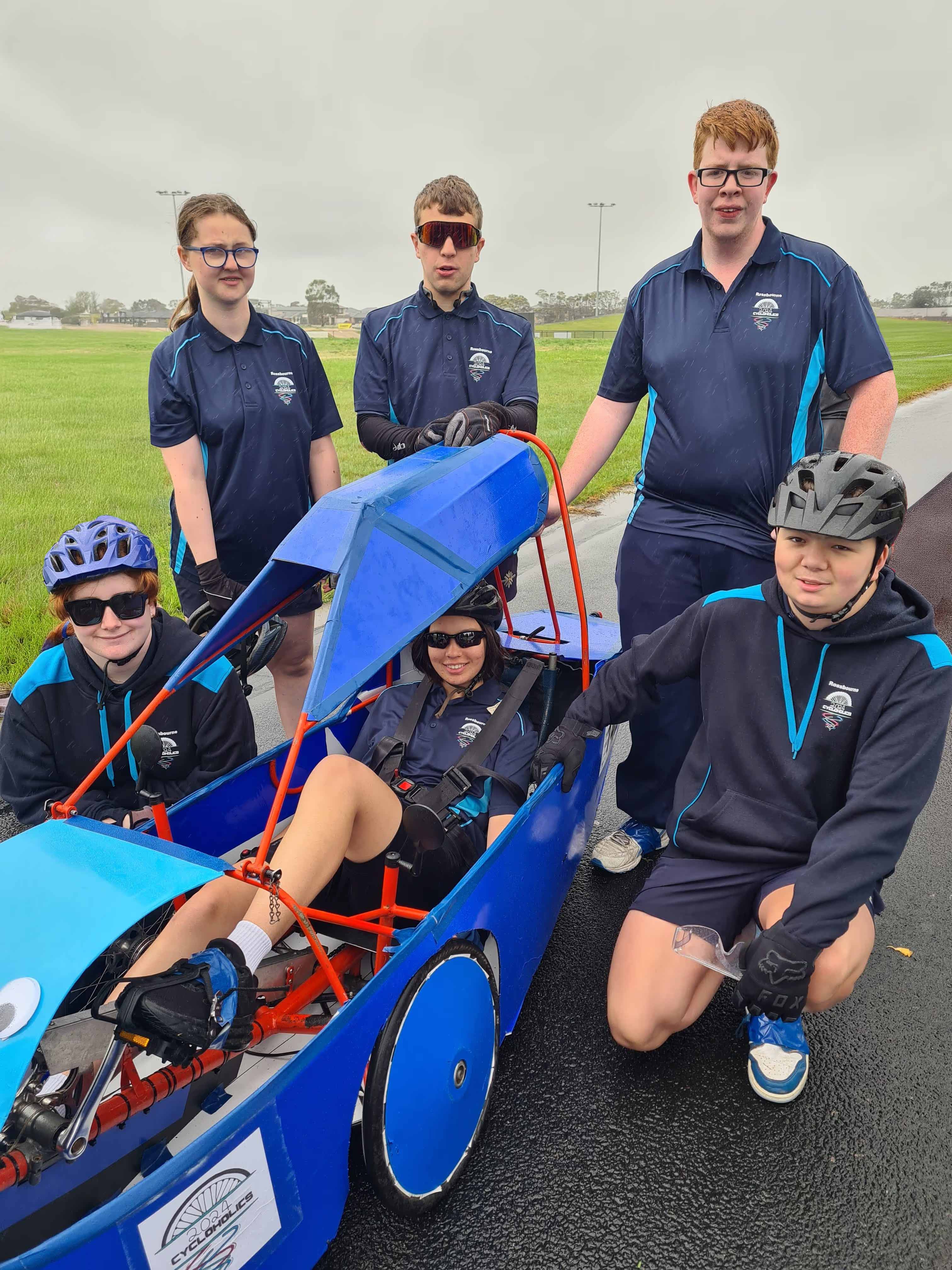Rossbourne’s mission is to enhance the life chances of its students by helping them to become life-ready citizens. Providing our students with access to knowledge about career pathways and identifying their interests and strengths from an early age will better prepare our students for their futures. Below is an outline of Careers Curriculum and Work Experience programs.
Year 7 - 8
Introduction to Careers
Understanding Self
- Self-assessment: Interests, strengths, and values
- Goal setting and personal development
Exploring Careers
- Introduction to various career fields
- Guest speakers from different professions
- Career research projects
Skills Development
- Communication and teamwork skills
- Basic financial literacy
- Introduction to digital literacy
Year 9-10
Career Exploration and Planning
Career Pathways
- Detailed exploration of career clusters
- Job shadowing opportunities
- Career fairs and industry visits
Education and Training
- Understanding different education pathways (university, vocational training, apprenticeships)
- Elective subject selection aligned with career interests
- Workshops on resume writing and interview skills
Workplace Skills
- Time management and organizational skills
- Problem-solving and critical thinking
- Professional etiquette and workplace behaviour
Year 11-12
Career Preparation & Work Experience
Career Pathways
- Individual career counselling sessions
- Development of a career action plan
- Application processes for tertiary education and jobs
Work Experience Program
- Placement in relevant industries for hands-on experience
- Reflection and feedback sessions
- Development of a work experience portfolio
Transition to Post-School Life
- Financial planning and budgeting
- Networking and building professional relationships
- Alumni talks and mentorship programs
year 10
Work Experience Program

Pre-Placement Orientation
Orientation
- Overview of the work experience program
- Expectations and responsibilities
- Health and safety training
Placement Matching
- Identifying student interests and skills
- Matching students with suitable employers
- Rossbourne staff conduct pre-placement interviews with prospective employers and assess Child Safety standards

During Placement
Monitoring and Support
- Regular check-ins with students and employers
- Support from Homeroom teachers
- Addressing any issues or concerns
Skill Development
- On-the-job training and skill acquisition
- Encouraging initiative and problem-solving
- Building professional relationships

Post-Placement Reflection
Orientation
- Overview of the work experience program
- Expectations and responsibilities
- Health and safety training
Placement Matching
- Documenting work experience and skills gained
- Creating a professional portfolio
- Presenting experiences to peers and teachers
Future Planning
- Revising career action plans based on experience
- Exploring further education and training opportunities
- Setting new career goals

